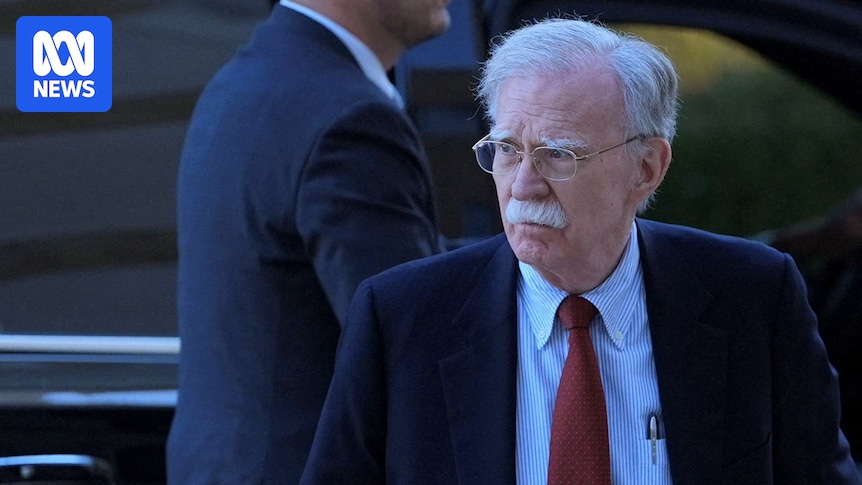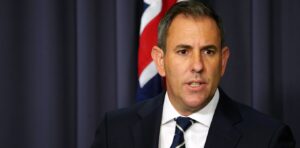
Donald Trump’s former national security adviser, John Bolton, has pleaded not guilty to charges of sharing classified information with family members and improperly storing top secret documents at his Maryland home. This legal development unfolded in a federal courtroom, marking the third Justice Department case in recent weeks targeting individuals perceived as adversaries of the former Republican president.
The case against Bolton, which accuses him of endangering national security, is playing out amid broader concerns that the Trump administration may have wielded the Justice Department’s law enforcement powers against political opponents. Bolton, a vocal critic of Trump, contends that the charges are part of an effort to silence dissent, describing them as a “Trump effort to intimidate his opponents”.
Background and Legal Context
The investigation into Bolton began under the Biden administration, following a more traditional path to indictment compared to other recent cases involving Trump critics. These cases were often initiated by Trump’s appointed US attorney in Virginia, sometimes against the advice of career prosecutors. Bolton is accused of sharing over 1,000 pages of notes containing sensitive information from meetings with US officials and foreign leaders, as well as intelligence briefings, with his wife and daughter.
Allegations of Hacked Emails
Authorities allege that some of this information was compromised when operatives, believed to be linked to the Iranian government, hacked Bolton’s email account. This account was used to send diary-like notes to his relatives. The Justice Department also claims that Bolton stored highly classified intelligence at his home, including details about foreign adversaries’ plans to attack US forces and covert US actions.
“There is one tier of justice for all Americans,” US Attorney-General Pam Bondi stated. “Anyone who abuses a position of power and jeopardizes our national security will be held accountable. No-one is above the law.”
Bolton’s Defense and Historical Parallels
Bolton, known for his hawkish foreign policy views, served in Trump’s administration for over a year before being dismissed in 2019. He subsequently published a book critical of Trump, which he suggests is linked to the current charges. His lawyers argue that the case stems from an unsuccessful attempt by the Justice Department to block the publication of his book, “The Room Where It Happened”.
Bolton’s attorney, Abbe Lowell, emphasized that the facts of the case were investigated and resolved years ago, asserting that the charges relate to Bolton’s personal diaries, which contained unclassified information shared only with family. “Like many public officials throughout history, Bolton kept diaries. That is not a crime,” Lowell stated, adding that Bolton did not unlawfully share or store any information.
Comparisons to Other High-Profile Cases
The Justice Department has a history of prosecuting mishandling of classified information. Outcomes often hinge on evidence of wilful misconduct or obstruction. For example, Trump was charged with obstructing efforts to retrieve classified documents from his Mar-a-Lago estate, although the case was dismissed after he assumed office. In contrast, Joe Biden was not charged for retaining classified documents, partly due to concerns about his perceived intent and memory.
Similarly, Hillary Clinton was not charged after an investigation into her use of a private email server for classified communications, as it was determined she did not intend to break the law.
Implications and Future Developments
The Bolton case underscores ongoing tensions between political figures and the use of legal mechanisms to address alleged misconduct. As the legal proceedings continue, the case could have significant implications for how classified information cases are handled, particularly those involving high-profile political figures.
Observers will be closely watching how the case unfolds, especially given its potential impact on perceptions of justice and accountability within the US political system. As Bolton’s defense team prepares for trial, the broader implications for national security and political discourse remain a critical focus.
The next steps in this legal saga will likely involve pre-trial motions and further examination of the evidence, as both sides prepare to present their arguments in court. The outcome of this case could set important precedents for future cases involving classified information and political figures.







